10 inventors who made a FORTUNE from one product
You won't believe how much money these crafty innovators made from their genius product
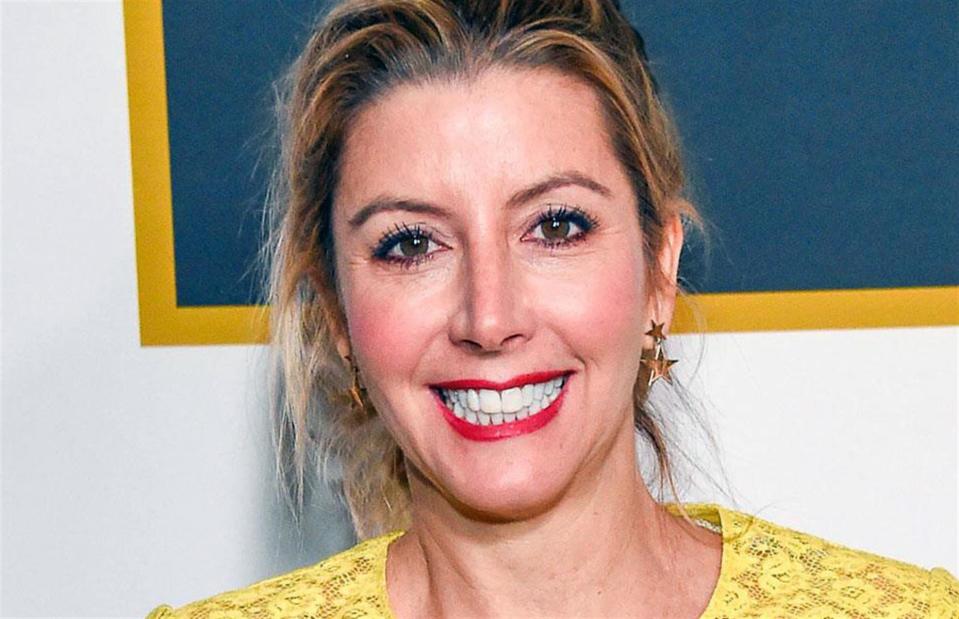
Rick Diamond/Getty
Inventing an incredible product can generate millions – and sometimes even billions – for its lucky creator. From the founder of Spanx to a man who made mega bucks from a sponge with a smiley face, read on to discover 10 innovators who got super rich from just one amazing idea.
All dollar amounts in US dollars.
Shaun Pulfrey's Tangle Teezer
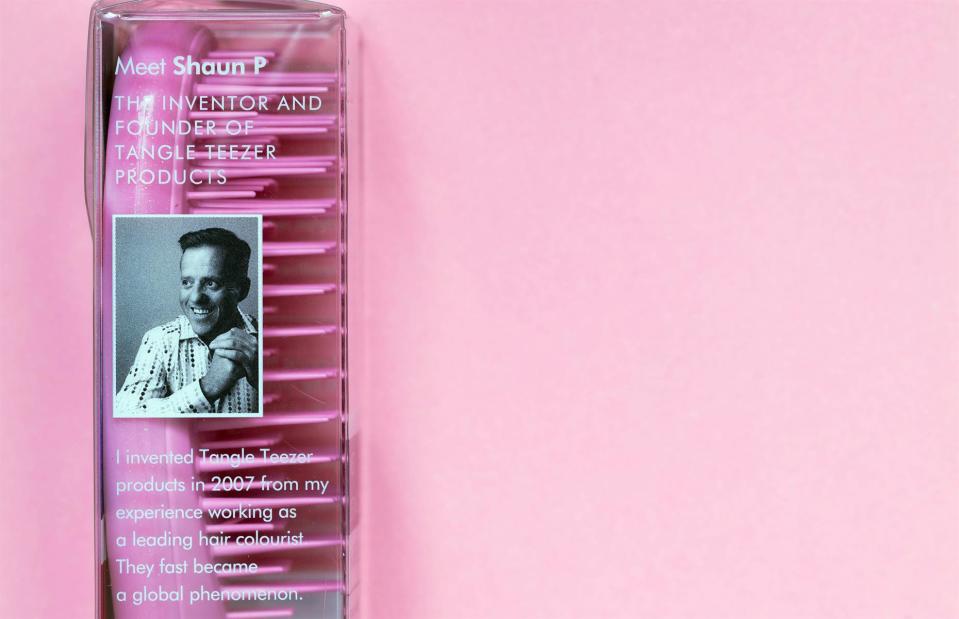
Ruslan Lytvyn / Alamy Stock Photo
Hairdresser Shaun Pulfrey was laughed off the UK's Dragons' Den show back in 2007 after pitching his simple yet unique invention, a brush with flexible plastic teeth that detangles and unknots hair with ease. But Pulfrey himself had the last laugh...
The stylist may have been ridiculed by the Dragons, who mocked his “hair-brained” idea and sent him packing, but the British public disagreed. After the show aired, the Tangle Teezer website crashed and sales skyrocketed, with celeb endorsements from the likes of Victoria Beckham soon flooding in.
Shaun Pulfrey's Tangle Teezer

9091086/Shutterstock
Tangle Teezer was picked up by UK chain Boots in 2008, before going global in 2009. Now a beauty staple and household name, the product made revenue of £30 million ($38m) in 2020. The following year, Pulfrey sold most of his shares in the business to Mayfair Equity Partners in a deal that valued the company at a whopping £70 million ($89m).
According to the most recent online estimates, Pulfrey was worth £10.6 million ($13m) in 2020, but it's likely his fortune has soared in the wake of Mayfair Equity Partners' acquisition.
Levi Roots' Reggae Reggae Sauce
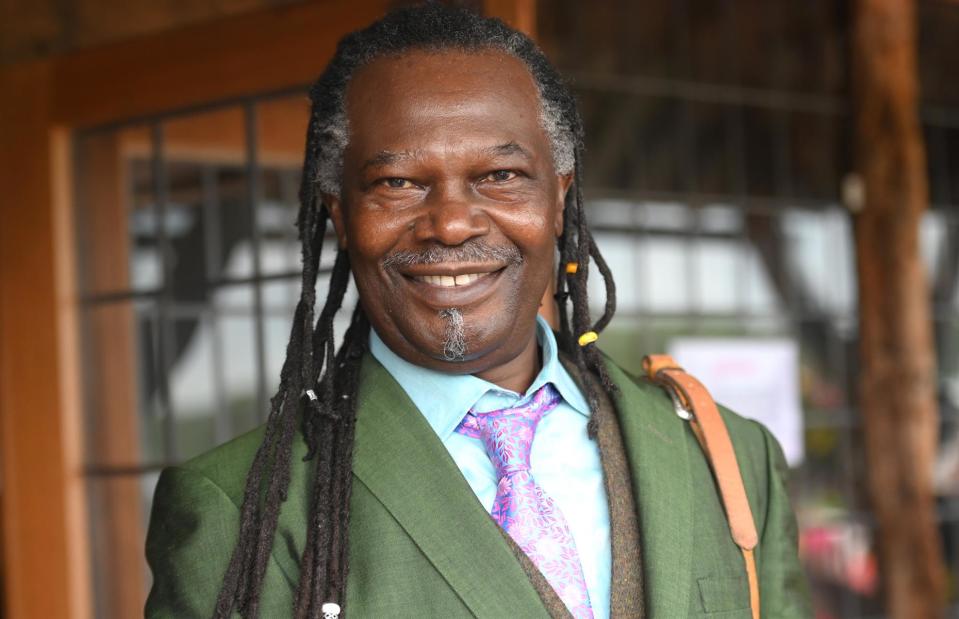
Dave J Hogan/Getty Images
Chef and musician Levi Roots also appeared on the UK's Dragons' Den show in 2007. The budding entrepreneur received a much warmer reception from the Dragons, who were keen to invest in his product: Reggae Reggae Sauce, a tasty jerk barbecue condiment.
Levi Roots' Reggae Reggae Sauce
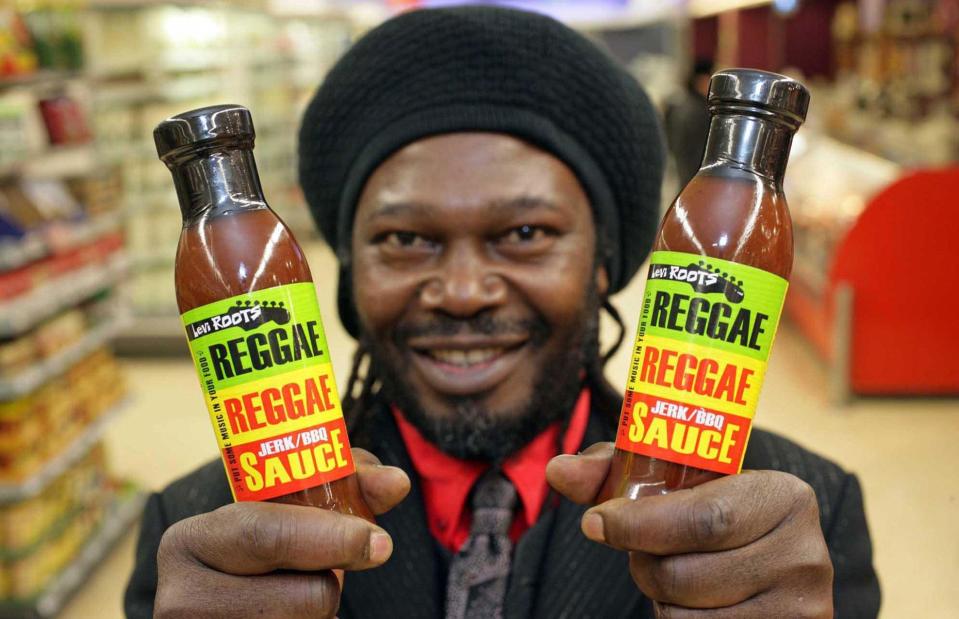
Courtesy Sainsbury's
Roots walked away with £50,000 ($63k) from Dragons Richard Farleigh and Peter Jones in exchange for 40% equity. Major supermarket Sainsbury's immediately stocked the product in 600 of its stores. Sales were projected at 50,000 bottles a year, but the chain ended up shifting 50,000 per week.
The product range was expanded and the super-popular Reggae Reggae brand has been stocked by a variety of retailers, as well as fast food chains including Subway and KFC. According to the Sunday Times Rich List, Roots is now worth an estimated £30 million ($38m).
Julie Deane's Cambridge Satchel
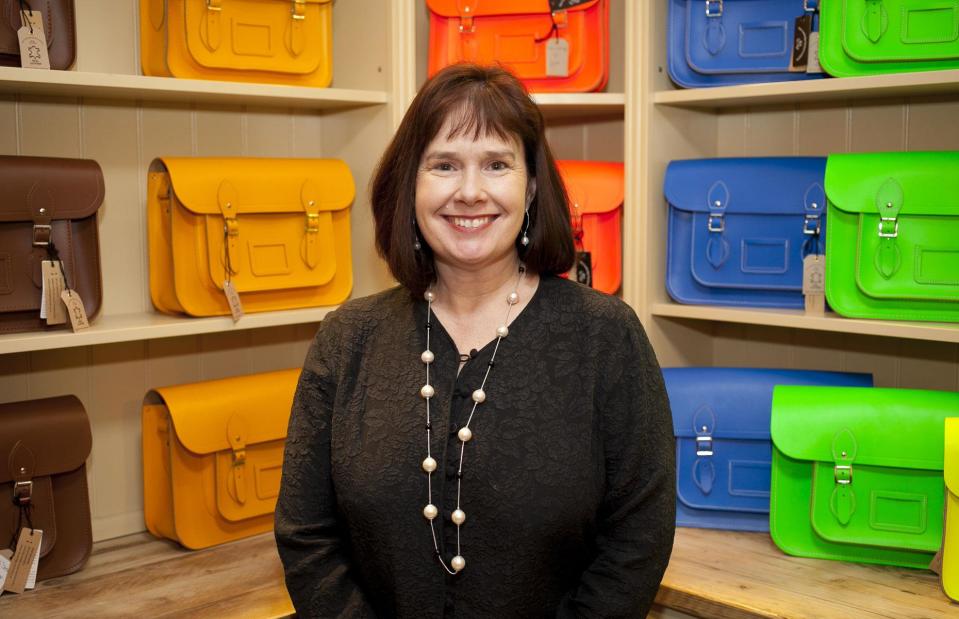
PA Images / Alamy Stock Photo
Short of cash, Julie Deane created the iconic Cambridge satchel on her kitchen table in 2008. Her intention at the time was simply to cover the cost of sending her daughter, who was being bullied, to a private school. Little did she know it would make her a millionaire...
Reinventing a classic, Deane's colourful take on the traditional leather satchel soon caught the eye of fashion bloggers and stylists, even appearing in an editorial in Italian Vogue. Orders started flooding in.
Julie Deane's Cambridge Satchel
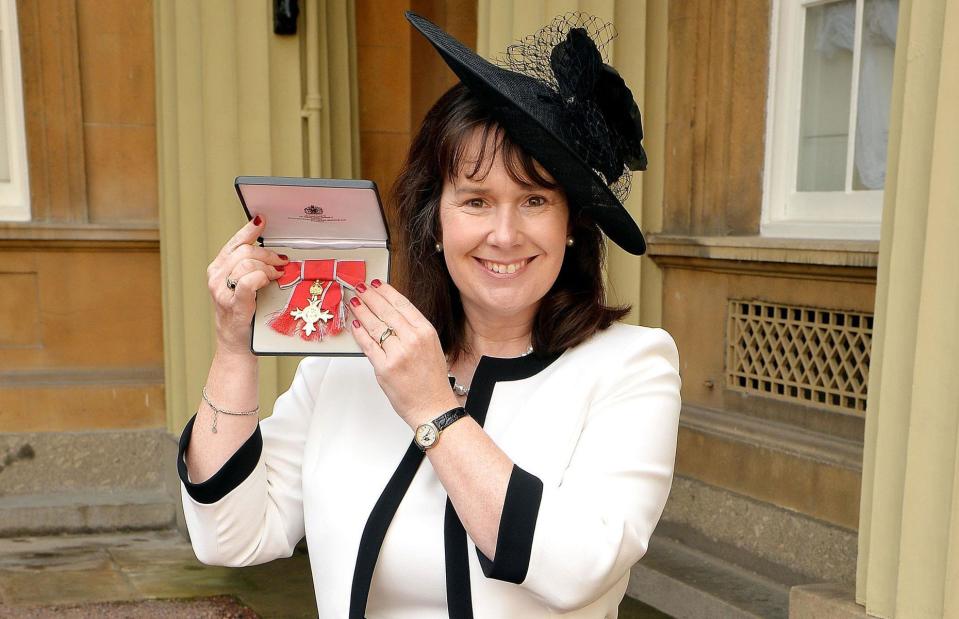
PA Images / Alamy Stock Photo
The brand fast became a fashionista must-have and Deane's company was worth £50 million ($63m) by 2018, making her a multimillionaire and then some. The inspiring businesswoman was even awarded an OBE in 2014 for services to entrepreneurship.
Although more recent financial details of the company are scarce, we do know the business was acquired by French textiles conglomerate Chargeurs in 2022 for an apparently undisclosed sum.
Aaron Krause's Scrub Daddy
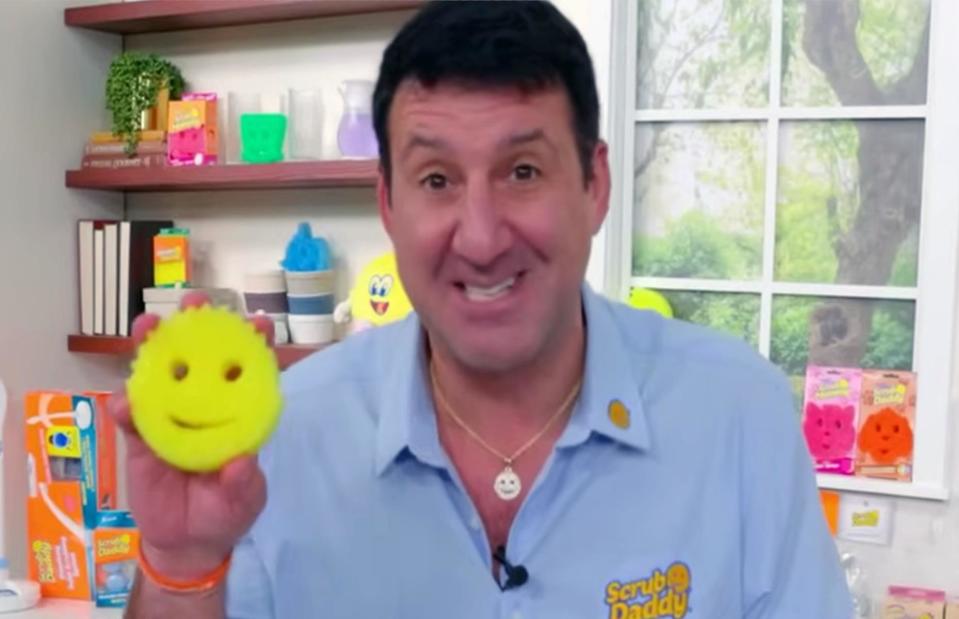
Courtesy Fortune Magazine via YouTube
Auto polisher and inventor Aaron Krause created his clever multitasking sponge with a smiley face in 2006 while developing a foam buffing pad. The car detail expert came up with an extra-special sponge that turns soft in warm water and hard when it's drenched in cold water.
The foam pad was sold to 3M in 2008 and Krause almost forgot about his other invention until 2011 when he had to clean some garden furniture. Digging out the sponge, he was bowled over by its cleaning prowess. Thinking he was on to something big, the polishing pro went on the US Shark Tank TV show in 2012 to pitch the product...
Aaron Krause's Scrub Daddy
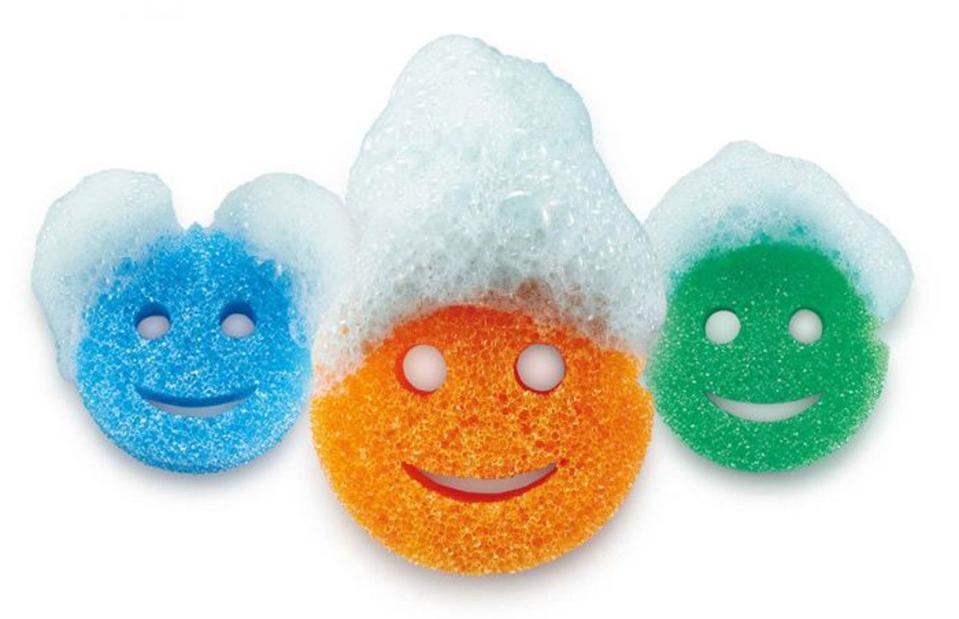
Courtesy Scrub Daddy
The Sharks loved it. Krause bagged a $200,000 (£159k) investment for 20% equity from Lori Greiner, who helped him garner deals with major retailers like QVC. Scrub Daddy is now America's number one sponge, with the company launching spin-offs including 'Scrub Mommy', and its inventor is thought to be worth up to $100 million (£80m).
Scott Boilen's Snuggie

Courtesy Allstar Marketing Group/Scott Boilen
Blankets with sleeves have been around since the 1990s – the Slanket, for instance, was invented by Maine's Gary Clegg in 1998. But innovator Scott Boilen's take on the concept, the all-conquering Snuggie, has been the most lucrative by a long shot.
Boilen's company Allstar Marketing Group brought the Snuggie to market in 2008 and launched a cheesy commercial that generated more buzz than a swarm of bees, triggering a massive craze. A whopping 20 million Snuggies were sold in the first year, with sales exceeding $40 million (£32m) in the first three months alone.
Scott Boilen's Snuggie
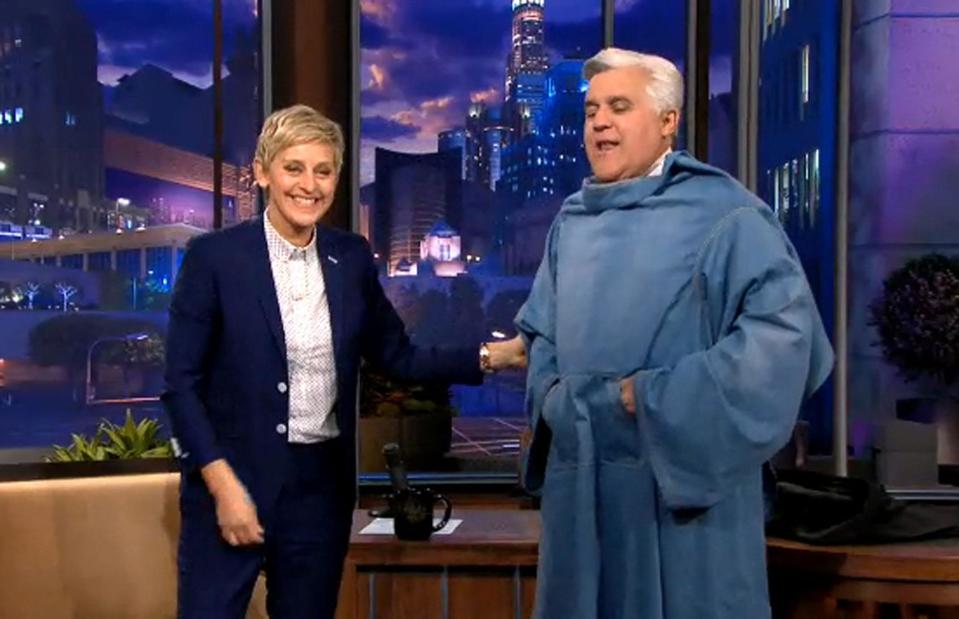
Courtesy NBC
The 'Cult of the Snuggie' was featured on the Tonight Show, appeared in countless YouTube videos, and inspired everything from Snuggie pub crawls to 'wear your Snuggie movie nights'. The product generated more than $500 million (£400m) in its first decade on the market, and Boilen is now estimated to be worth at least $200 million (£160m).
Hamdi Ulukaya's Chobani
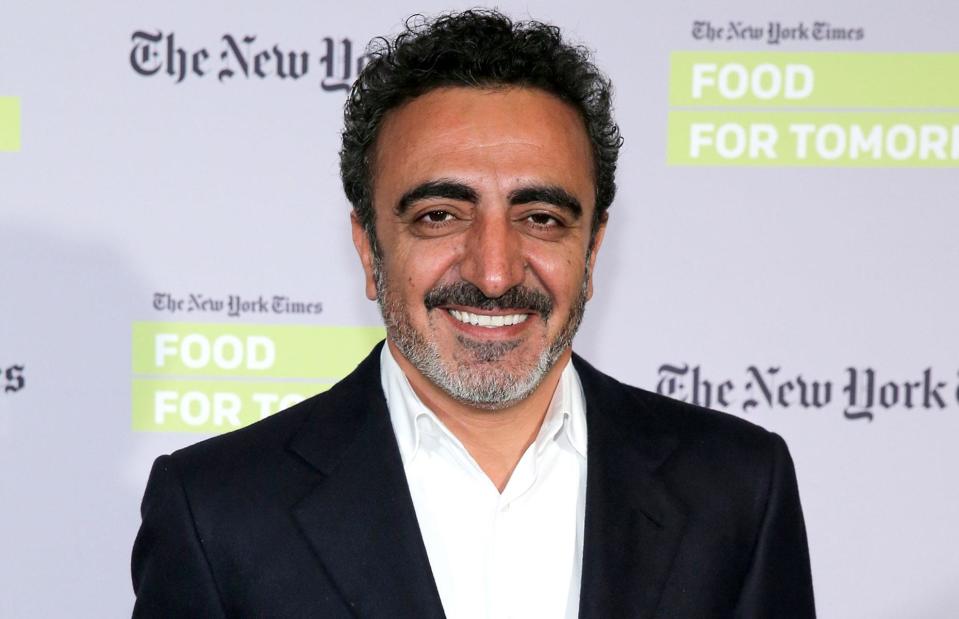
Neilson Barnard/Getty
In 2005, Kurdish businessman and dairy guru Hamdi Ulukaya spotted a gap in the US market for thick, Greek-style yoghurt and set about launching his own version. The all-natural product, which he called Chobani, launched in 2007.
Starting off by selling to small-scale retailers, Ulukaya initially relied on word-of-mouth to promote the product and this strategy paid off a treat. In 2009, several major chain stores began to stock the yoghurt and sales hit the roof.
Hamdi Ulukaya's Chobani
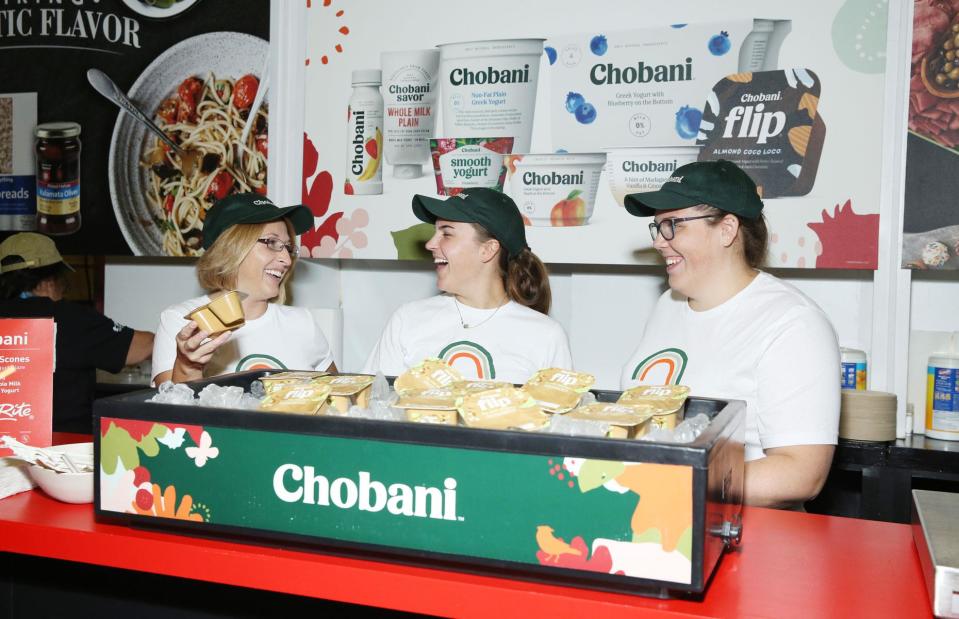
Robin Marchant/Getty
By 2012, Chobani had grown to become America's leading Greek-style yoghurt brand with revenues topping $1 billion (£798m). A resounding success, the brand has remained on top and Ulukaya himself is now worth $2.5 billion (£2bn), according to Forbes.
And the company hasn't stopped with yoghurt. In December last year, Chobani expanded into the cold coffee market by purchasing La Colombe Coffee Roasters for $900 million (£718m).
Nick Woodman's GoPro Hero
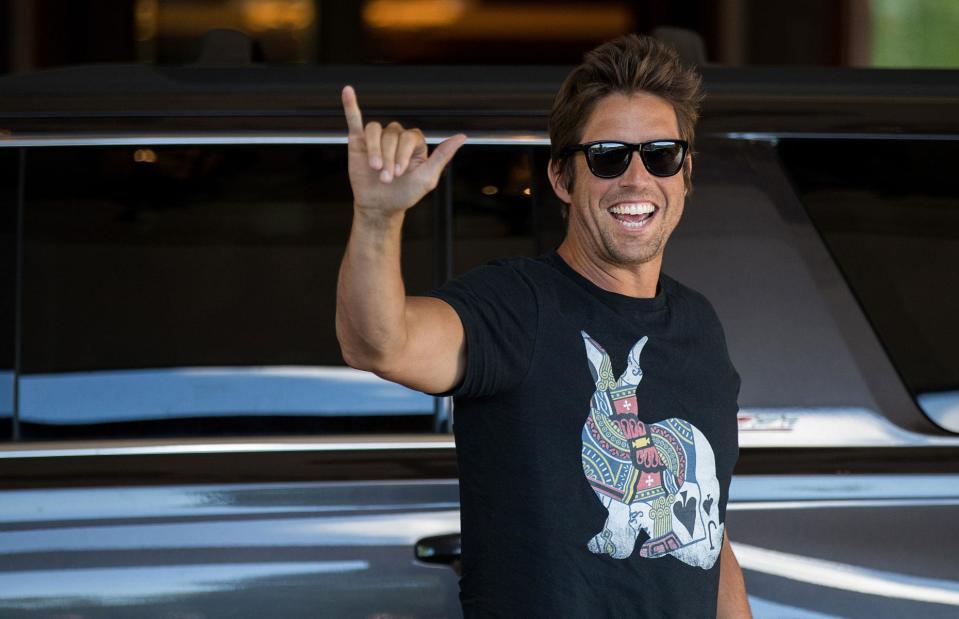
Drew Angerer/Getty
GoPro Hero inventor Nick Woodman had his eureka moment in 2002 on a surf trip In Australia. Keen to capture all the action, Woodman cobbled together a wrist strap that enabled him to wear his camera while hitting the waves.
Woodman developed his idea further and, with the help of a loan from his father, launched the first GoPro Hero in 2004. The product consisted of a Chinese-made 35mm camera and Woodman's custom strap. Sales were buoyant from the get-go and doubled year on year.
Nick Woodman's GoPro Hero
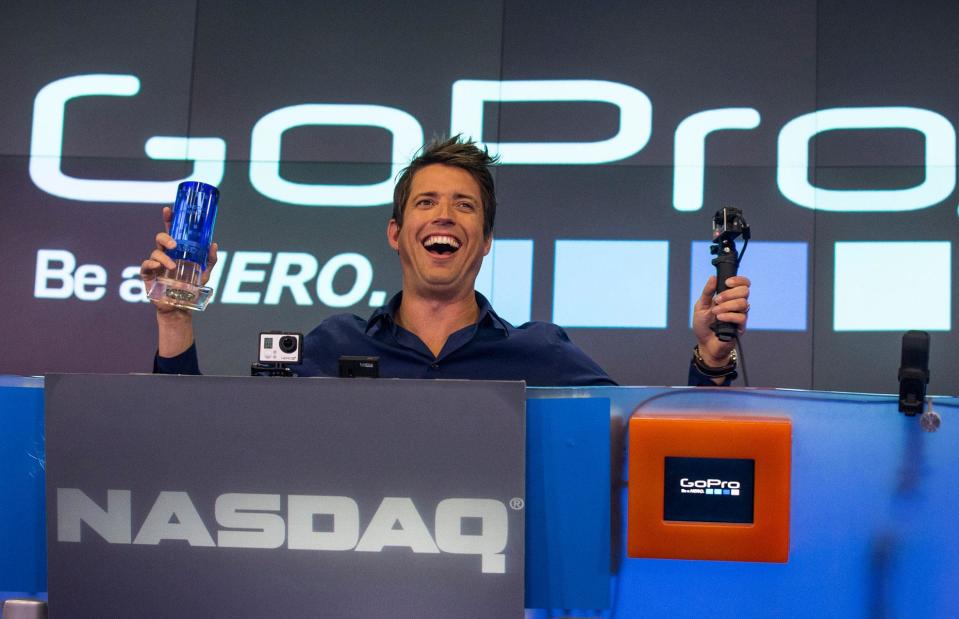
Andrew Burton/Getty
The camera, which is now digital and has spawned a HD video version, was selling in the millions by 2012. GoPro went public in 2014 and Woodman's net worth peaked at $3.9 billion (£3.1bn).
Since then, the company share price has tanked as sales have bottomed out. Woodman's net worth may have fallen in tandem, but the businessman remains fabulously rich with a fortune of $1.1 billion (£878m).
Sara Blakely's Spanx
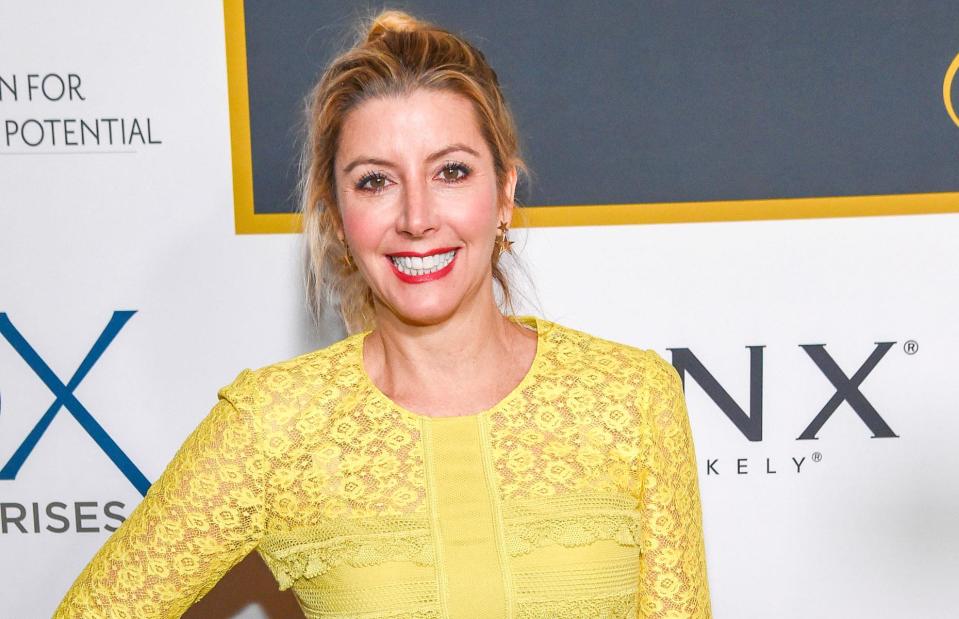
Rick Diamond/Getty
Sara Blakely came up with the idea for Spanx in 1996 when she working as a door-to-door saleswoman in Florida and had to wear panty hose on the job. Blakely liked the slimming effect but hated the way the seams showed when she was sporting open-toe sandals.
One evening, Blakely was getting ready for a party and wanted to wear a pair of white trousers, but didn't have any underwear that wouldn't show through the fabric, so she grabbed a pair of her work panty hose, cut off the legs, and Spanx was born.
Sara Blakely's Spanx
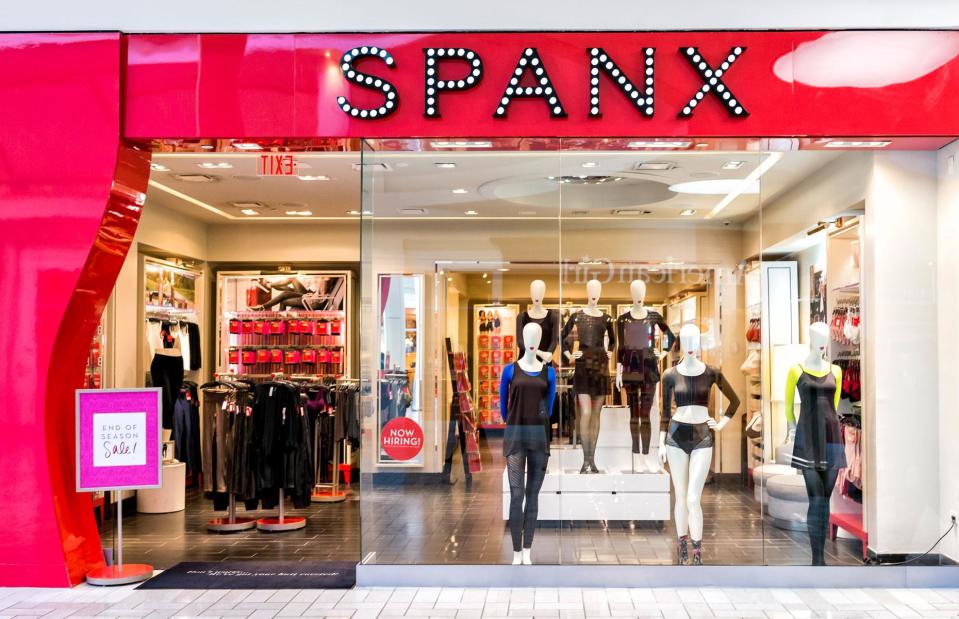
Kristi Blokhin/Shutterstock
Realising her invention's potential, Blakely invested her life savings of $5,000 into developing the concept. Spanx launched in 2000 and found its way into major department stores in no time. Sales soared and the product became a lingerie staple. Blakely is now worth a cool $1.3 billion (£1bn), according to Forbes.
Manoj Bhargava's 5-Hour Energy

Courtesy Living Essentials Marketing
Former monk Manoj Bhargava dreamed up his billion-dollar product after tasting an energy drink at a trade show in California back in 2003. Michigan-based Bhargava was put off by the large bottle and thought a mini shot-sized version would be more appealing to consumers.
He wasn't wrong. Bhargava formulated a stimulating concoction of caffeine and B vitamins that he packed into tiny 2-ounce bottles. His 5-Hour Energy drink was launched that same year and picked up by drugstores, supermarkets, and convenience stores. It has since taken America by storm.
Manoj Bhargava's 5-Hour Energy
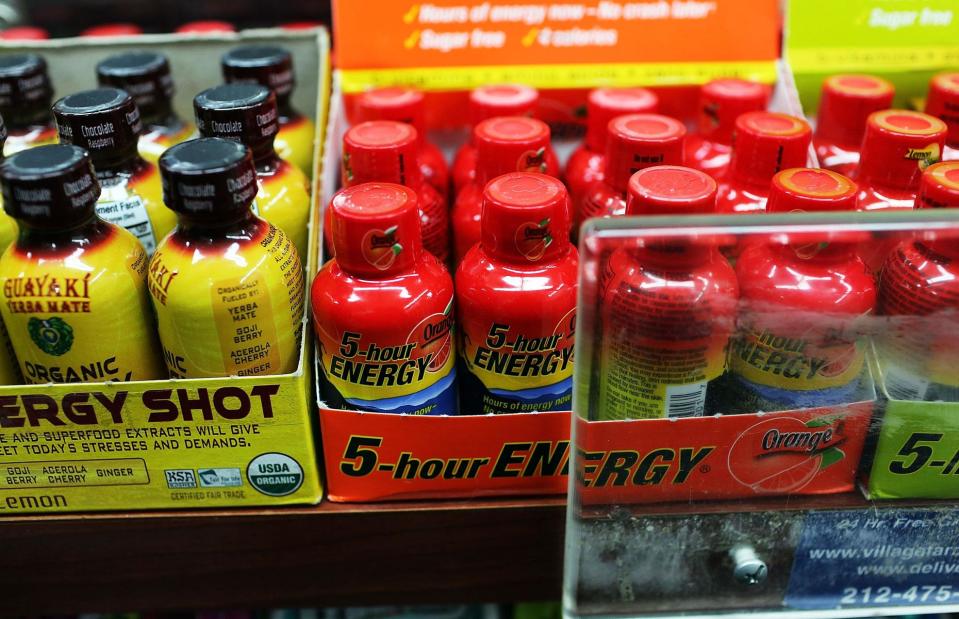
Spencer Platt/Getty
Now the go-to mini energy drink for everyone from athletes to students, 5-Hour Energy pulls in annual revenue of almost $1 billion (£798m). Bhargava, who has signed the Giving Pledge and intends to give away 99% of his fortune, is likely still a billionaire but it's unclear what his current net worth is.
However, we do know the businessman has hit headlines for the wrong reasons in recent years. In 2023, Bhargava took control of Sports Illustrated publisher Arena Group, but went on a high-profile sacking spree and the magazine – long deemed Arena's crown jewel – was eventually bought by Minute Media this March.
James Dyson's vacuum cleaner
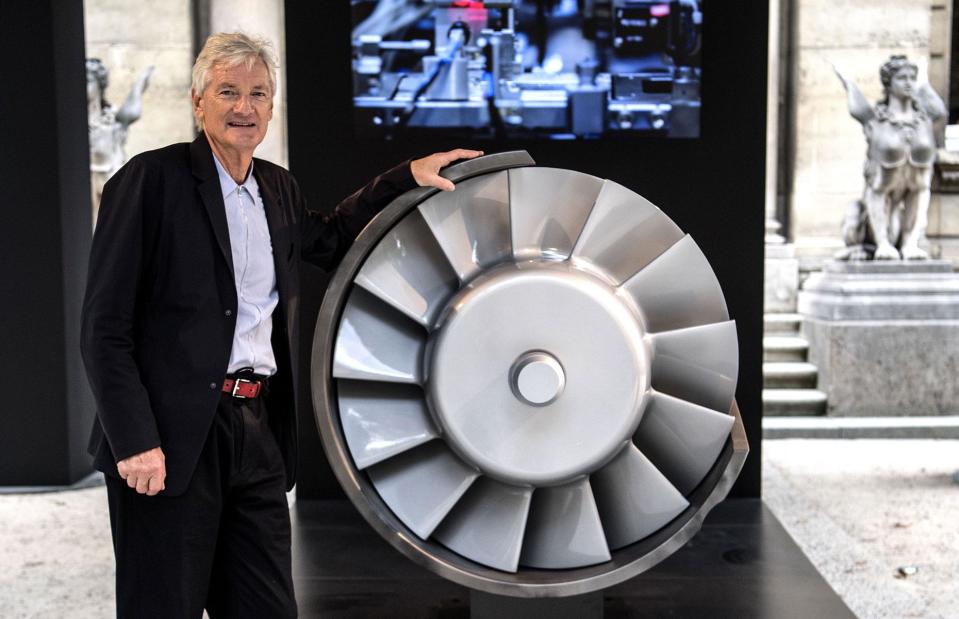
Christophe Archambault/AFP/Getty
The richest inventor in our round-up, James Dyson derives his fortune from the game-changing bagless vacuum cleaner he invented in 1978, which draws inspiration from the industrial cyclone separators used in sawmills.
Dyson developed the product in the early 1980s but couldn't find a UK company willing to produce or distribute it. He ended up negotiating a deal with a Japanese firm and launched the invention, which was called the G-Force and only came in pink, in 1986. Dyson set up his eponymous UK firm in 1993 but it wasn't until the early 2000s that sales really exploded.
James Dyson's vacuum cleaner
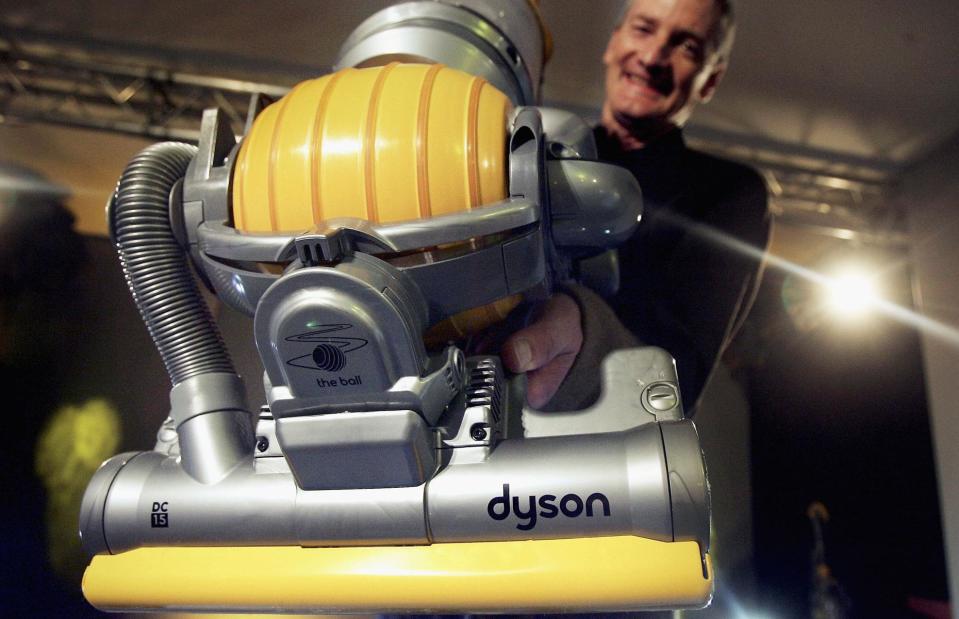
Bruno Vincent/Getty
Following a memorable ad campaign, the Dyson Dual Cyclone became the UK's fastest-selling vacuum cleaner and was the US market leader by 2005. Following the launch of new home and haircare products, including the Dyson Airwrap, the company made record global revenues of $7.1 billion (£5.6bn) last year, while James Dyson is currently worth $13.3 billion (£10.6bn).
Meet the ruthless 'robber barons' of America's Gilded Age on lovemoney.com

 Yahoo Finance
Yahoo Finance 